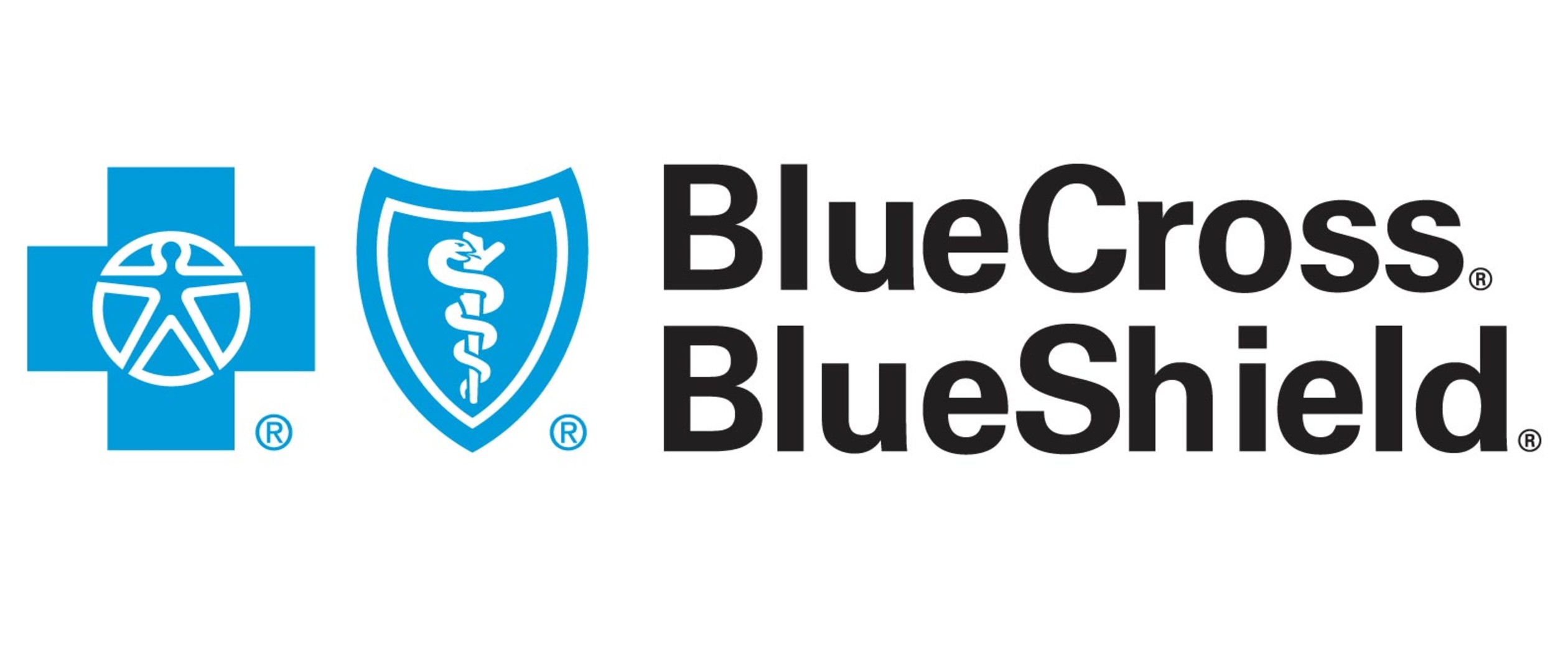As a federal employee or retiree, navigating the complexities of healthcare insurance can be a daunting task. Two prominent names in the world of healthcare coverage are TRICARE and Blue Cross Blue Shield (BCBS), but the relationship between these two entities is often misunderstood. In this comprehensive article, we’ll explore the distinctions between TRICARE and BCBS, clarify their roles, and help you make an informed decision about your healthcare coverage.
Understanding TRICARE
TRICARE is a healthcare program managed by the Defense Health Agency (DHA), a component of the United States Department of Defense (DoD). It provides comprehensive health coverage to active duty service members, retired service members, and their eligible family members. TRICARE is not an insurance company; rather, it is a government-sponsored healthcare program designed specifically for the military community.
TRICARE offers several different plans to cater to the diverse needs of its beneficiaries, including:
- TRICARE Prime: A managed care option similar to an HMO, requiring the use of military treatment facilities and TRICARE network providers.
- TRICARE Select: A fee-for-service plan that allows beneficiaries to choose their own TRICARE-authorized providers, both in and out of network.
- TRICARE for Life (TFL): A Medicare-wraparound coverage plan for TRICARE beneficiaries who are also eligible for Medicare Parts A and B.
- TRICARE Reserve Select (TRS): A premium-based plan for members of the National Guard and Reserve components.
TRICARE is not affiliated with or owned by any private insurance company, including BCBS.
Understanding Blue Cross Blue Shield (BCBS)
Blue Cross Blue Shield (BCBS) is a federation of 36 independent and locally operated companies that provide health insurance coverage across the United States. Each BCBS company is a separate legal entity, licensed to operate within a specific geographic area, and governed by its own board of directors.
BCBS companies offer a wide range of health insurance products and services, including individual and family plans, employer-sponsored group plans, Medicare supplemental plans (also known as Medigap), and more. These plans are available to the general public, including federal employees and retirees.
The Relationship Between TRICARE and BCBS
While TRICARE and BCBS are distinct entities, they can work together in certain situations. Here’s how:
-
TRICARE Supplemental Plans: Some BCBS companies offer TRICARE supplemental insurance plans, which can help cover out-of-pocket costs not covered by TRICARE, such as copayments, deductibles, and non-covered services. These supplemental plans are separate from TRICARE and are offered by BCBS as a private insurance option.
-
Federal Employee Health Benefits (FEHB): Federal employees and retirees may have the option to enroll in BCBS plans through the Federal Employees Health Benefits (FEHB) program. These BCBS plans are separate from TRICARE and are available to federal employees and retirees who are not eligible for TRICARE coverage.
-
Coordination of Benefits: If a TRICARE beneficiary has other health insurance (OHI), such as a BCBS plan, TRICARE becomes the secondary payer. In this case, the BCBS plan would process the claim first, and TRICARE would cover any remaining eligible costs, coordinating benefits with the OHI.
It’s important to note that TRICARE and BCBS are not interchangeable or part of the same organization. They operate independently and have distinct eligibility requirements, coverage options, and pricing structures.
Choosing the Right Healthcare Coverage
When deciding between TRICARE and BCBS (or any other healthcare coverage option), it’s crucial to consider your individual circumstances, healthcare needs, and budget. Here are some factors to consider:
- Eligibility: Determine if you or your family members are eligible for TRICARE coverage based on your military status or affiliation.
- Provider Networks: Compare the provider networks of TRICARE and BCBS plans in your area to ensure access to the healthcare providers and facilities you prefer.
- Coverage and Benefits: Carefully review the specific coverage and benefits offered by each plan, including deductibles, copayments, and out-of-pocket maximums.
- Cost: Evaluate the premiums, copays, and overall out-of-pocket costs associated with each plan to determine which option best fits your budget.
- Supplemental Coverage: Consider whether you need supplemental coverage to fill any gaps in your primary healthcare plan, whether it’s TRICARE or BCBS.
Remember, your healthcare needs and circumstances may change over time, so it’s essential to periodically review your coverage options to ensure you have the best plan for your situation.
Conclusion
While TRICARE and Blue Cross Blue Shield are separate entities, they can work together in certain situations, such as TRICARE supplemental plans, coordination of benefits, and healthcare coverage options for federal employees and retirees. However, it’s crucial to understand that TRICARE is a government-sponsored healthcare program specifically designed for the military community, while BCBS is a federation of independent insurance companies offering plans to the general public.
When choosing healthcare coverage, it’s essential to carefully evaluate your eligibility, coverage needs, provider networks, and costs to make an informed decision that best suits your unique circumstances. By understanding the distinctions between TRICARE and BCBS, you can navigate the healthcare landscape with confidence and ensure you have the right coverage for you and your family.
Which is better, VA Health Care or TRICARE | VA Health Care and TRICARE Comparison | theSITREP
FAQ
What insurance company is TRICARE under?
Is TRICARE primary or secondary to Blue Cross Blue Shield?
Who is TRICARE owned by?

